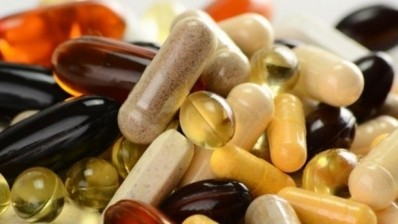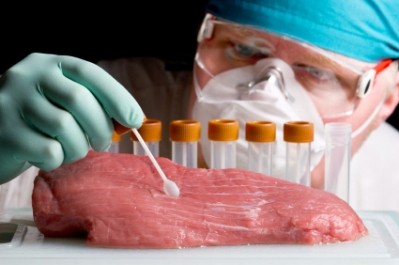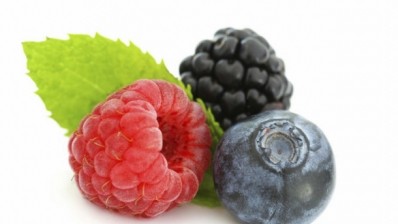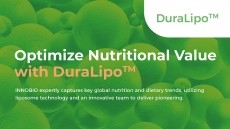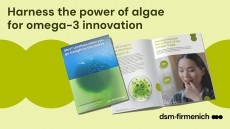The fountain of youth? Study suggests vitamin B3 may increase lifespan ... in worms
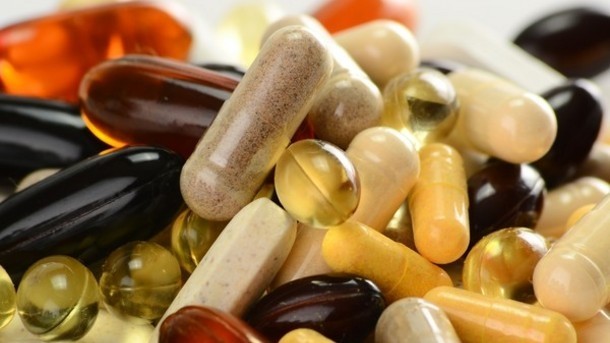
The study used the worms to demonstrate that when vitamin B3 - also known as niacin - and its metabolite nicotinamide were added to a standard diet, lifespans increased by around one tenth.
Led by Professor Michael Ristow from ETH Zurich, the research team demonstrated that intake of vitamin B3 promotes the formation of free readicals from reactive oxygen species (ROS) - and that contrary to conventional wisdom, these ROS prolong life.
Ristow noted that while this may seem surprising, based on the current results and many previous findings he is 'convinced' that small amounts of reactive oxygen species and the oxidative stress they trigger have a health-promoting impact.
"Cells can cope well with oxidative stress and neutralise it," said Ristow, who noted that antioxidants found in fruits and vegetables - which are capable of neutralising these free radicals - may not be as beneficial to health as many make them out to be.
Antioxidants attack
"The claim that intake of antioxidants, especially in tablet form, promotes any aspect of human health lacks scientific support," he commented.
While he said that he does not dispute that fruit and vegetables are healthy, he suggested that this may rather be caused by other compounds contained in them such as polyphenols.
"Fruit and vegetables are healthy, despite the fact that they contain antioxidants," he said.
Ristow cited previous human studies he has conducted, which showed that the health-enhancing effect of endurance sports are mediated via an increased formation of reactive oxygen species – and that antioxidants abolish this effect.
Based on the findings from his new study, the ETH Zurich professor suggested that niacin brings about a similar metabolic condition to exercise.
"Niacin tricks the body into believing that it is exercising – even when this is not the case," says Ristow.
Human relevance?
Ristow also suggested that while the current stud was conducted on roundworms, the results may still be of relevance for humans, because the metabolic pathway initiated by niacin is very similar in roundworms and higher organisms.
He is currently assessing whether niacin has similar effects on the life expectancy of mice.
While both niacin and nicotinamide have been approved as dietary supplements for decades, the science to show wither nutritional uptake at such levels in humans is sufficient for a health-enhancing or lifespan-extending effect, 'remains to be demonstrated.'
